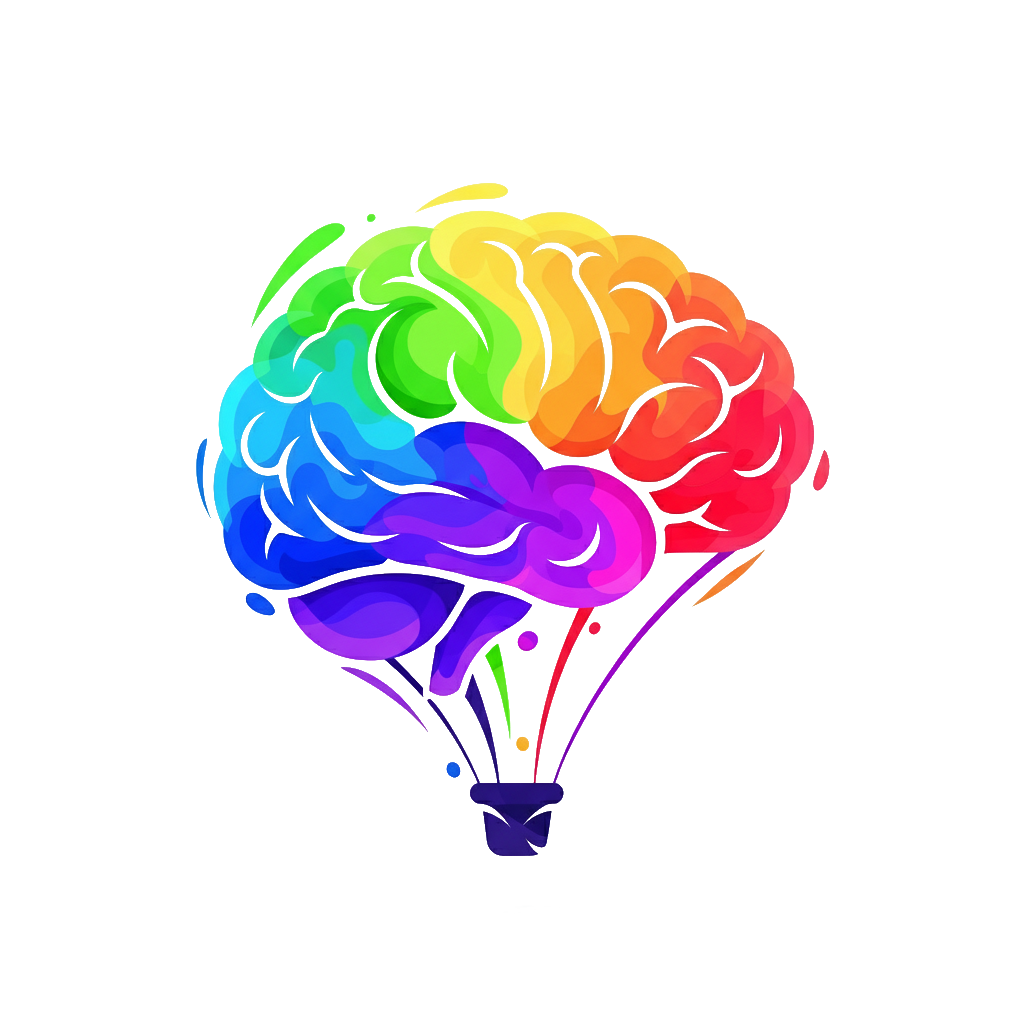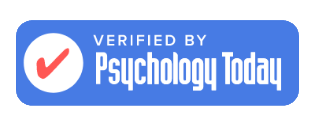Are you asking yourself some version of this question: What should I do for work?1
When it comes to your job/career, if you aren’t sure where to focus your energy, if you are thinking about making a change, or if you like your work, for the most part, but somehow still feel stuck, then Liberated Mind is here to help! The CEO of Liberated Mind, Dr. Morris, has worked with business leaders from the C-suite to start-up entrepreneurs, helping people develop a sense of direction in the aspect of life we call ‘career’. Dr. Morris has created a career counseling process supporting you in 6-to-12 individual sessions.
A Summary of the Liberated Mind Approach to Career Counseling
Typically, career counseling focuses on aptitude (classically called trait-and-factor models) to answer a question like: what should I do for work? While there is value in approaching a career from a trait-and-factor starting point; truly! That said, the framework used here at Liberated Mind steps back a bit further.
At Liberated Mind we will consider some of your traits, these things certainly have a role to play in your satisfaction with a career. But before getting to that place, career counseling at Liberated Mind begins from a psychological starting point. To do this we draw upon the theoretical framework articulated by Mark Savickas, a prominent figure in the field of vocational psychology. Dr. Savickas’s work is distilled into his Career Construction Theory (CCT), a postmodern approach to understanding and guiding career development. CCT moves away from traditional trait-and-factor models that match individuals to jobs—think here about some of those guidance counselor tests placing people in work based on those interests and skills—Savickas’s theory emphasizes that individuals actively construct their careers (across their life-course) through the meaning they attach to their vocational experiences. At its core, CCT is a narrative-based approach helping individuals make sense of their past, present, and future as their work lives turn into careers. Ongoing research testing CCT finds it to be a very helpful tool, especially if you are finding it difficult to find meaning in your work (for example see this recent article from Frontiers in Psychology: LINK).
Core Tenets of Career Construction Theory
Career Construction Theory is built upon several key principles distinguishing it from earlier career development theories. These include:
- Self-Construction: CCT posits that individuals are not passive recipients of their careers but are active agents constructing their careers by making choices that express their self-concept and values. This construction is a dynamic and lifelong process.
- Narrative and Meaning-Making: The theory emphasizes the importance of personal narratives or stories. Individuals create a career story to make sense of their experiences, and this narrative provides coherence and direction. Career counseling, in this context, becomes a process of helping clients to deconstruct and reconstruct their career stories in a way that is more meaningful and empowering and attached to a person’s core values.
- Social and Cultural Context: Savickas acknowledges that career construction does not happen in a vacuum. Social and cultural contexts, including family, community, and societal norms, significantly influence an individual’s career choices and the stories they create about their work lives.
Key Concepts in Career Construction Theory
Several core concepts form the foundation of Career Construction Theory:
Life Themes
Life themes are recurring patterns of interest and preoccupations that emerge from an individual’s life experiences, particularly from their early life. These themes often get revealed through the stories individuals tell about their role models, favorite books, and significant memories. Identifying these life themes is a central goal of career counseling, as they provide insight into an individual’s core values and what they seek to express through their work as that work develops across the life-course into a career. By understanding their life themes, individuals can make career choices that are more authentic and fulfilling, i.e., finding purpose and meaning in work.
Career Adaptability
In a rapidly changing world of work, the ability to adapt is crucial. Savickas defines career adaptability as the psychosocial resources an individual possesses to cope with the predictable tasks of preparing for and participating in the work role and the unpredictable adjustments prompted by changes in work and working conditions. Career adaptability is comprised of four dimensions, often referred to as the “four Cs”:
- Concern: A future orientation and an awareness of the need to prepare for what lies ahead.
- Control: The belief in one’s ability to take responsibility for and shape one’s own career.
- Curiosity: The exploration of possible selves and future opportunities.
- Confidence: The belief in one’s ability to successfully overcome obstacles and achieve career goals.
The Career Construction Interview
To help individuals explore their life themes and enhance their career adaptability, Savickas developed the Career Construction Interview (CCI). This qualitative assessment tool consists of a series of questions designed to elicit a client’s career story. The questions focus on:
- Role Models: Who did you admire when you were growing up?
- Favorite Magazines/TV Shows/Websites: What do you like to read or watch?
- Favorite Stories: What is your favorite book or movie?
- Motto: What is your favorite saying?
- Earliest Recollections: What are your earliest memories?
The counselor and client collaboratively analyze the responses to these questions to identify recurring themes and patterns. This process helps the client to understand their “life portrait” and how it can inform their career decisions. The goal is not to find a “perfect” job but to help the individual see how they can use work to advance their life projects and express their identity.
The Role of the Counselor
In Career Construction Theory, the role of the career counselor is not that of an expert who provides definitive answers. Instead, the counselor acts as a co-author and editor, helping the client to clarify and articulate their career narrative. The counselor listens for themes, reflects on the story being told, and helps the client to see new possibilities and directions. The process is collaborative and empowering, with the ultimate aim of helping the client to author a more compelling and meaningful next chapter in their career story.
The approach taken here at Liberated Mind combines elements of Career Construction Theory with Acceptance Commitment Therapy, Cognitive Behavioral Therapy, Logos Therapy, and Psychoeducation to offer clients a holistic and person-centered approach to their career development. By focusing on individual narratives, life themes, and adaptability, it provides a powerful framework for helping people navigate the complexities of the 21st-century world of work and create lives that are both professionally and personally meaningful.
For more, see Dr. Mark L. Savickas’s book, Career Counseling, 2nd Ed.: LINK
- The terms ‘work’ and ‘career’ often get used interchangeably, but they have distinct meanings.
Work refers to the specific tasks and responsibilities you perform in a particular job or position. It’s the immediate activity you’re engaged in to earn a living. Think of it as the day-to-day duties you complete. For example, writing a report, attending a meeting, or serving a customer are all forms of work.
Key characteristics of work:
–Task-oriented: It focuses on the specific activities being done.
-Short-term focus: It’s about the present job and its requirements.
-Transactional: Often, it’s an exchange of your time and skills for payment.
A career, on the other hand, is the broader, long-term journey of your professional life. It encompasses the sequence of jobs you hold, the skills and knowledge you acquire, and your overall progression in a particular field or series of related fields. Your career is the bigger picture that connects your various work experiences over time.
Key characteristics of a career:
-Long-term perspective: It’s a journey that spans your entire professional life.
-Growth and development: It involves learning, advancement, and the accumulation of experience.
-Personal and professional progression: It reflects your overall path and achievements in your chosen field.
In essence, a job is a single step, while a career is the entire staircase. Your various jobs and work experiences contribute to the building of your overall career. ↩︎

